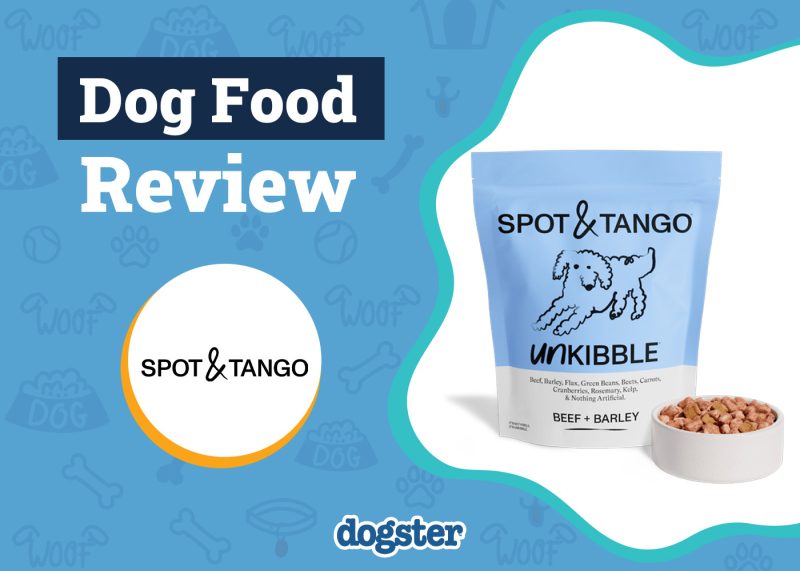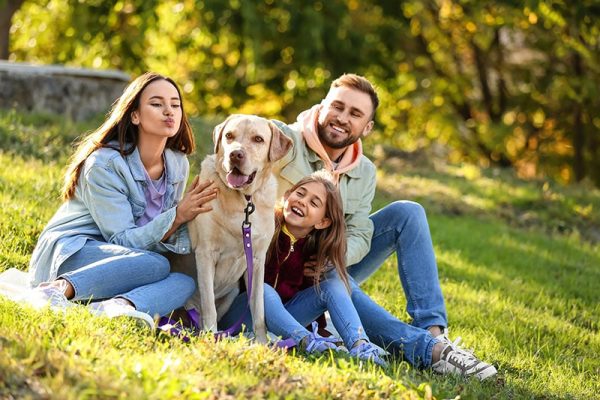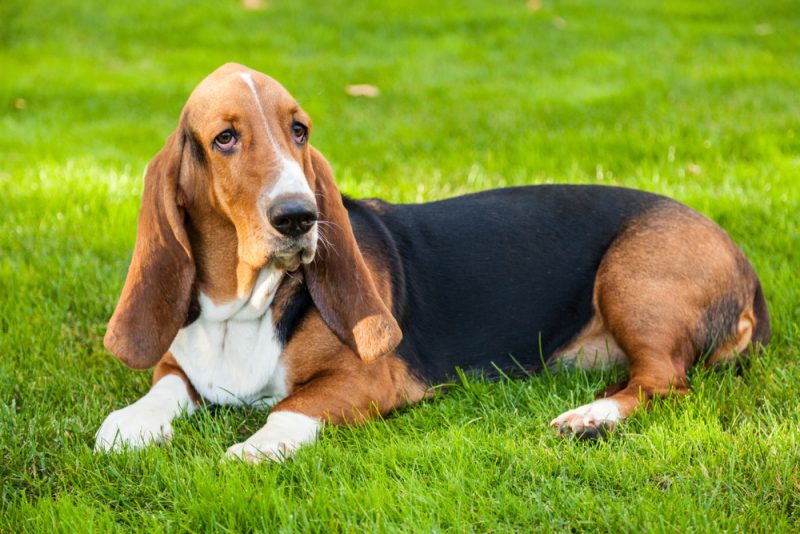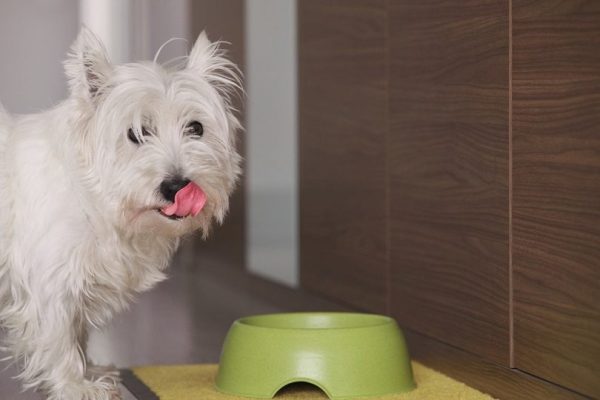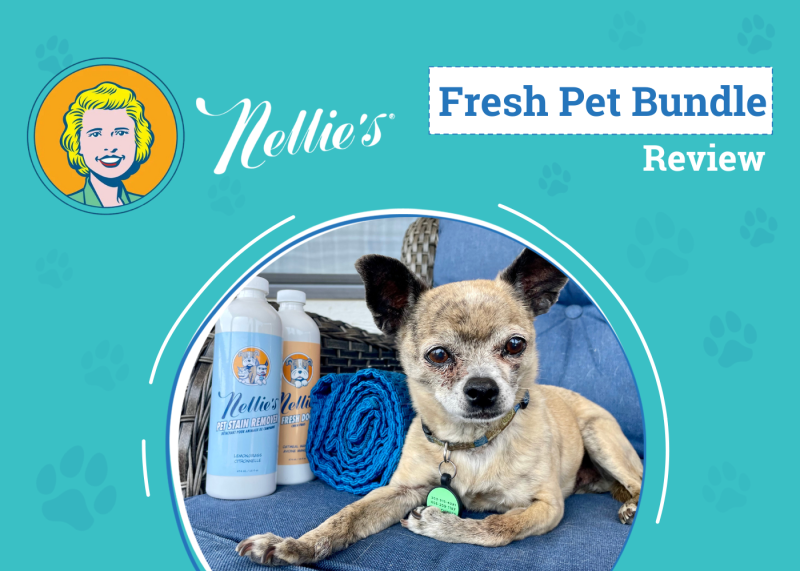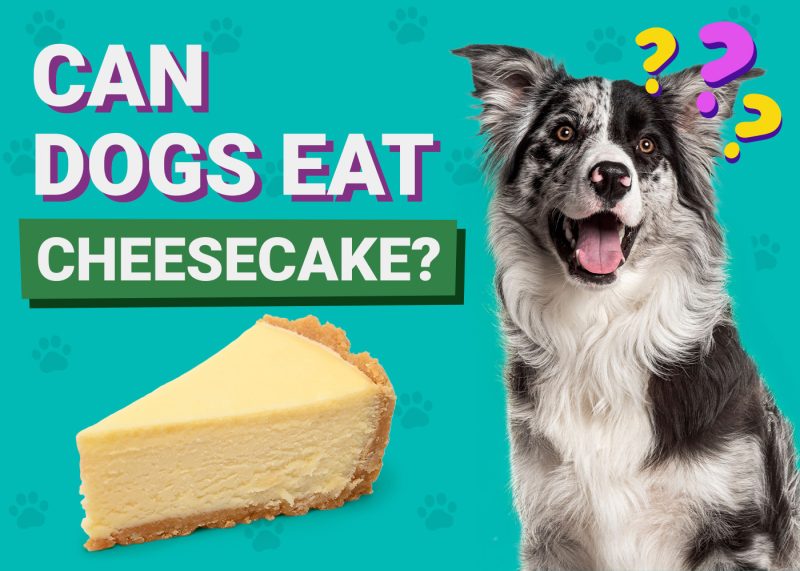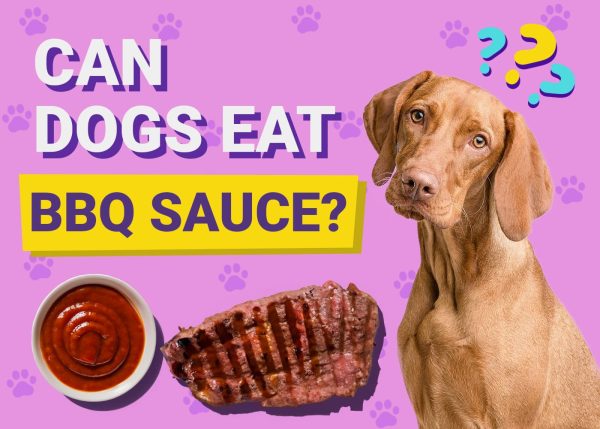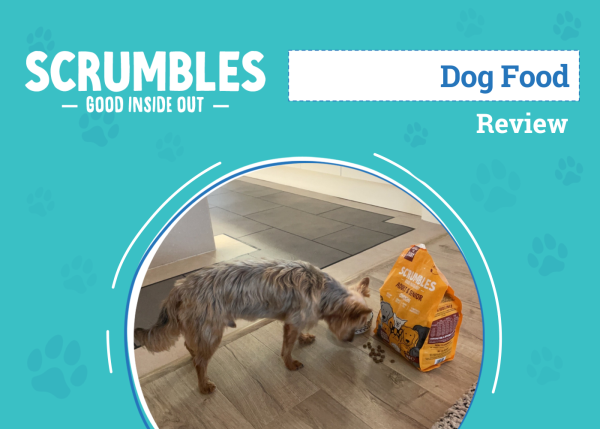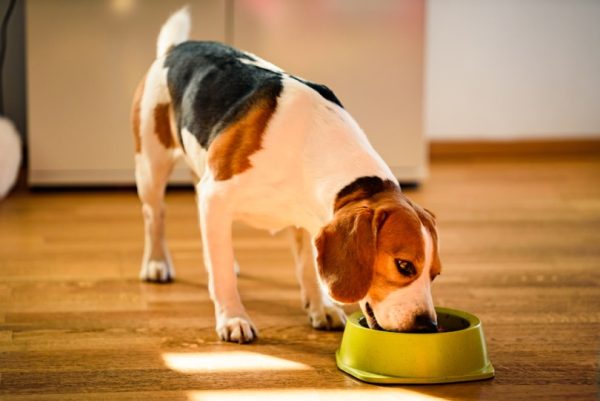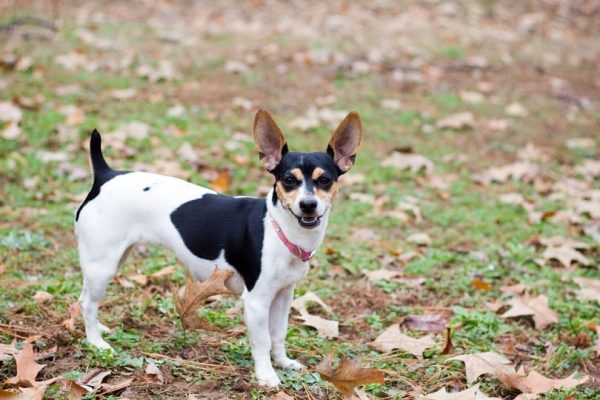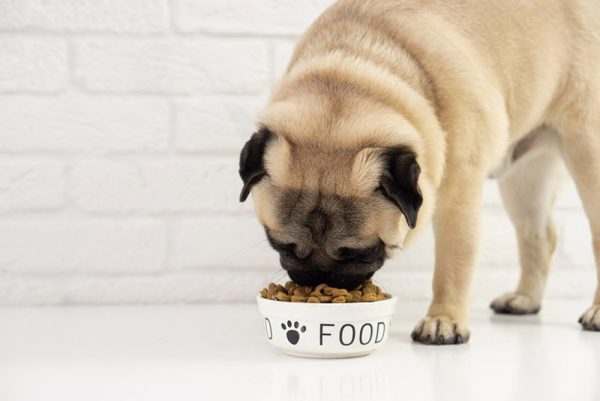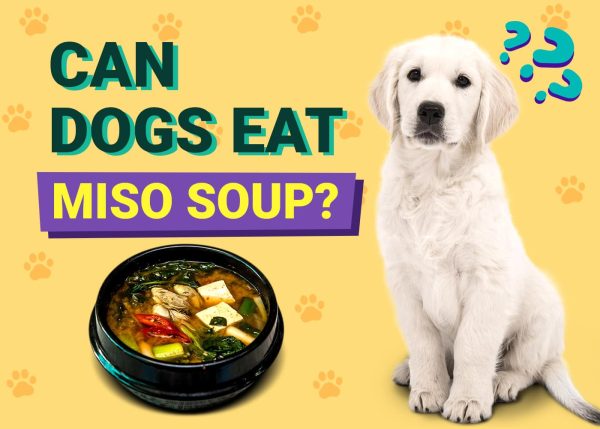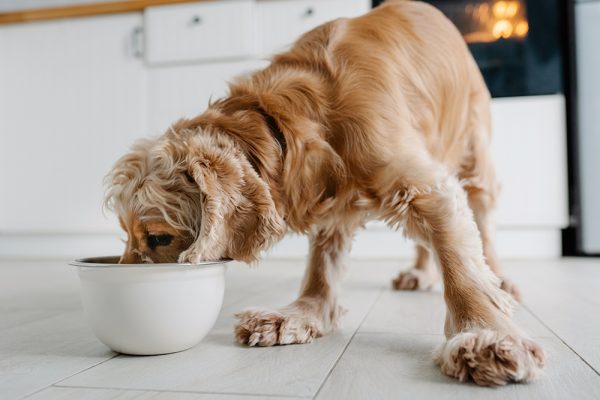Renovating your home is an excellent way to improve your home’s value and salability. Statistics show that 72% of these projects involve interior remodeling. Therefore, it’s likely to be stressful for dogs that are primarily indoor pets. Many renovations last more than one day, making it challenging for caregivers to manage the trauma their animal companions experience.
We understand your dilemma. You want to improve your home but would rather avoid upsetting your pup. Our guide will give you advice about minimizing the stress and helping you both get through the work.

The 10 Tips for Keeping a Dog Calm During Home Renovations
1. Stick to Your Routine
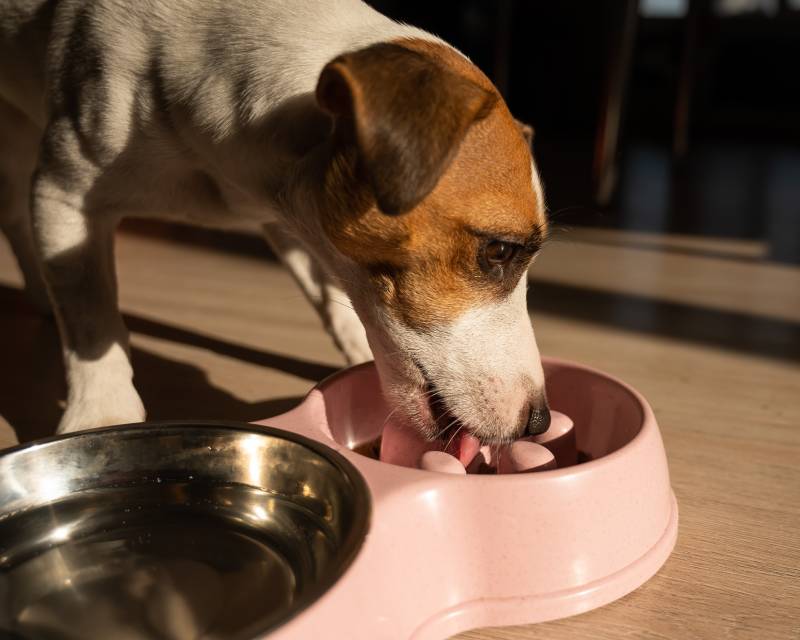
Dogs like a routine. You are probably in that camp, too. That’s what makes home renovations so traumatic—they upset the order of things. One of the best ways to control your dog’s anxiety is to stick to your usual close to normal as possible. Try to walk, feed, or play with your dog at the same time as usual to reinforce safety and security.
Discuss the timing of the renovations with your contractor. Determine if you can find some common ground to minimize the stress.
2. Distractions Can Change Your Dog’s Focus
Canines are often food-motivated. You can use this to your advantage by providing some distraction for your dog so the noise and change of the routine aren’t so upsetting. A new treat to try or an interactive toy can offer a welcome divergence and help keep your pup calm.
3. Go to the Dog Park or Run Errands

If things are going to get really loud, it’s probably a great time to take advantage of the dog park or a car ride. Your dog will enjoy the time out of the house and chances to meet new friends, both canine and human. The good news is that the time away will probably wear out your dog so that they’ll sleep when you get back home.
If you haven’t used puppy daycare before, home renovations may offer an excellent time to check one out to see if it’s right for you and your pet. Many businesses have short-term plans so you can use their services only when you need them. It’s a helpful option if the renovations involve replacing windows or doors when you can’t safely contain your dog indoors. If renovations are a new experience for your pet, it’s helpful to learn how to read their emotions to know when it’s becoming too stressful. Look for evident signs, such as pacing, restlessness, or hiding. Dogs also show anxiety by licking their lips and yawning. If your dog seems very upset, take them for a walk to restore some calm with the distractions it offers. The unknown can be stressful for people and animals. Your pet may also object to being cut off from someplace they usually enter unheeded. You may find that letting your dog check out the situation is enough to quell their anxiety. However, respecting the contractors and their work is imperative. Allow your dog to go in the area only if it’s safe for them to do so. One of the best things you can do is offer a safe space for your dog to relax when they’re feeling overwhelmed. This is often in the form of a crate or kennel, but it can also be a room that’s not being renovated. If you can, make sure where they are is as quiet as possible, all while providing plenty of airflow, fresh water, food, comfortable bedding, and toys. Many people find white noise comforting, allowing them to relax and tune out unwanted distractions. Your dog might experience similar benefits. It could involve something as simple as running a fan to drown out the noise of the work going on during the renovations, or you could go buy an actual noise machine. However, ensure your dog is comfortable with the sounds they make before using it for extended periods. Your dog will know strangers are in your home, which could be welcoming to some pets that want to meet new friends, but it can be upsetting to others, leaving them wanting to check out who these people are. This won’t be suitable for all nervous dogs, but if your contractors agree and you think it will help, consider allowing your pet to meet them. The meeting could satisfy your dog’s curiosity and make it less traumatic for them when the workers enter and leave your property. Dogs vary in their adaptability to novel experiences. Much depends on training and socialization. Genetics may also play a role. Some pups will find this disruption very alarming, and they may refuse to eat or hide while the activity continues. If your pet’s behavior seems alarming, consult a vet for advice about handling the situation. But all in all, minimizing stress is vital for your pup’s good health. If you need to speak with a vet but can't get to one, head over to PangoVet. It's our online service where you can talk to a vet online and get the advice you need for your pet — all at an affordable price! Renovations are part of home ownership. It’s often disruptive for everyone in the household, including your pup. However, you can take measures before and during the project to make it more manageable and less stressful. You may not be able to diminish all anxiety, but at least you can help your dog feel more secure while everything is topsy-turvy. Featured Image Credit: Ksenia Raykova, Shutterstock
4. Make Some New Friends at Daycare
5. Learn to Read Your Pet’s Body Language
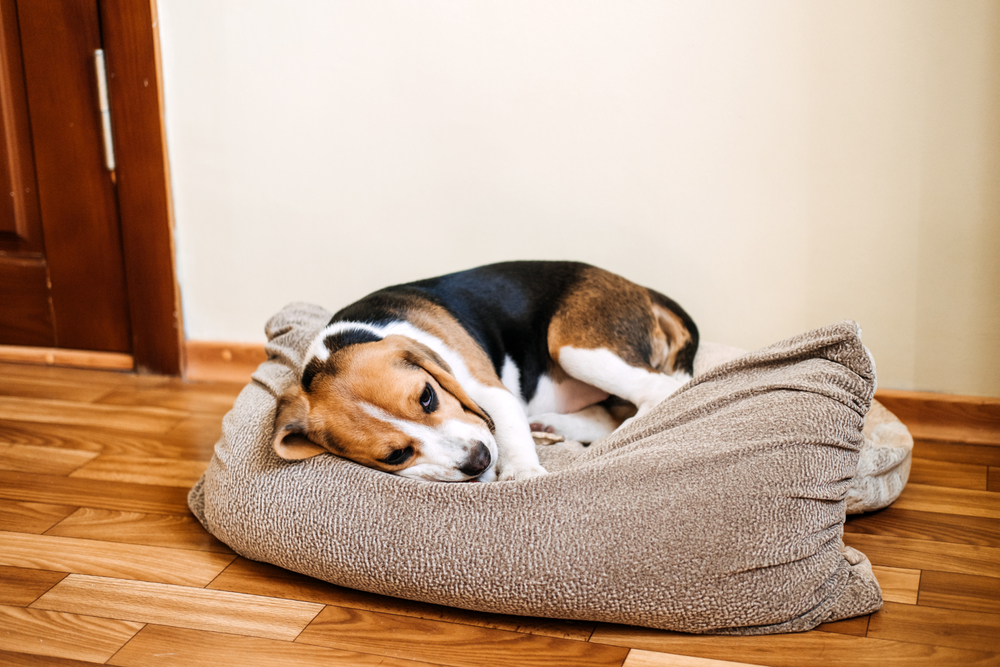
6. Let Your Dog Check Things Out if It’s Safe
7. Offer a Safe Space

8. Add Some White Noise
9. Consider Letting the Contractors Meet Your Pooch

10. Monitor Your Pet’s Behavior


Conclusion


